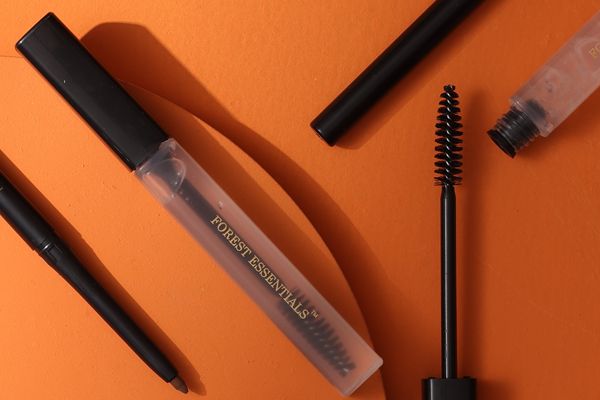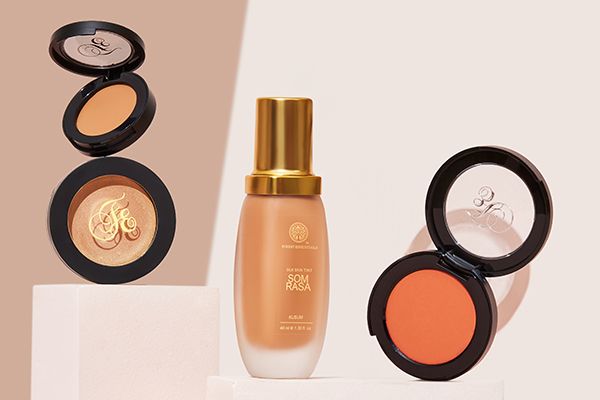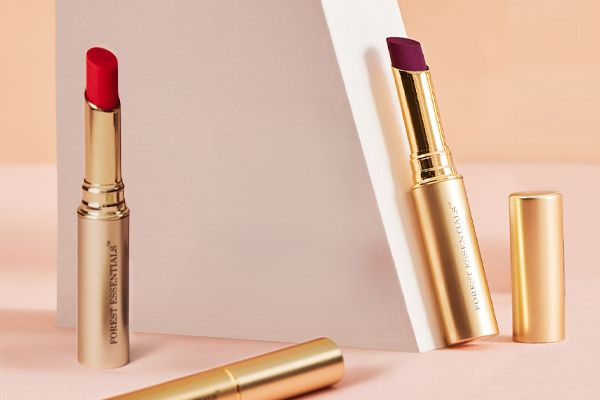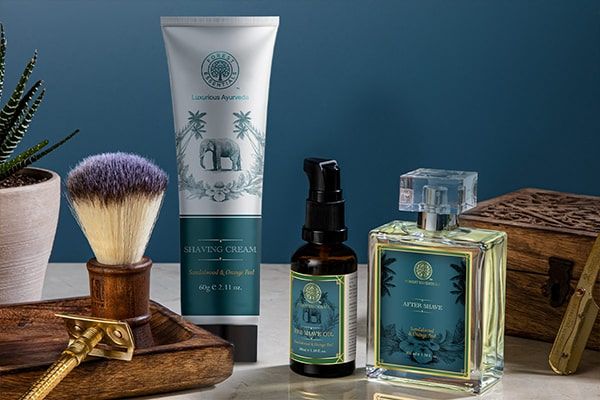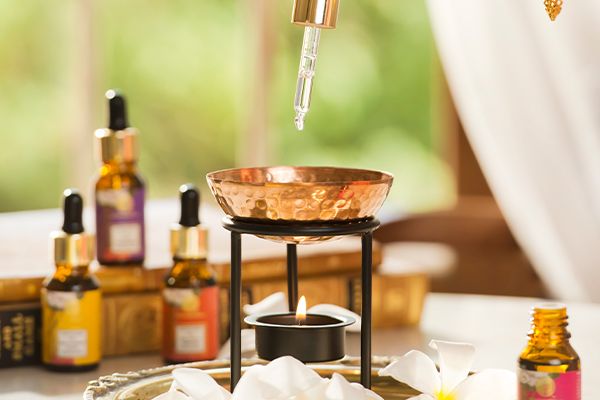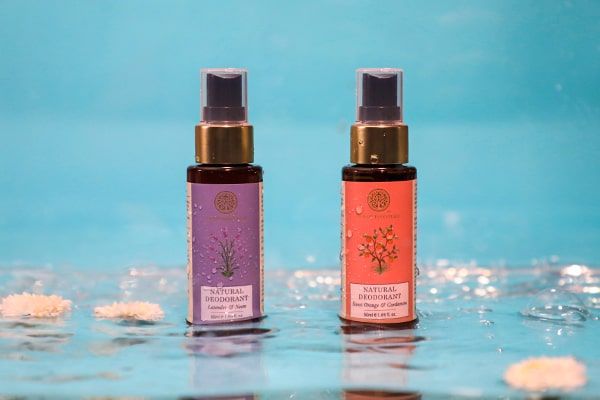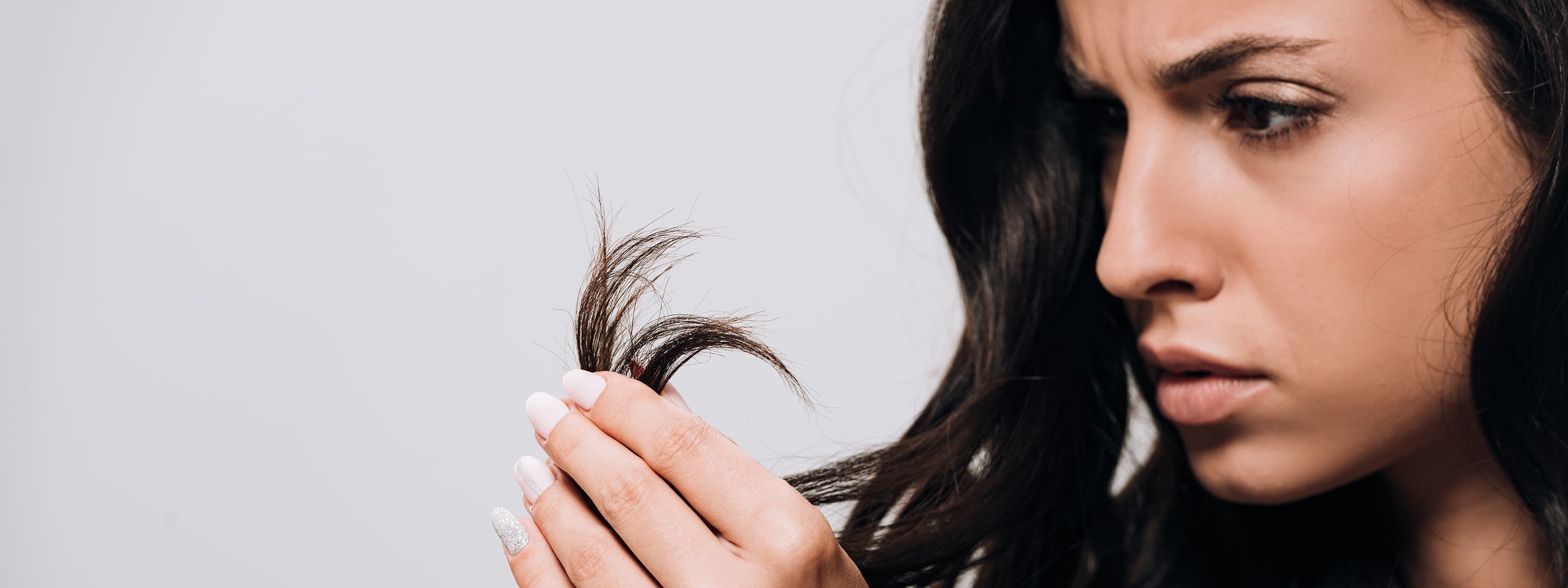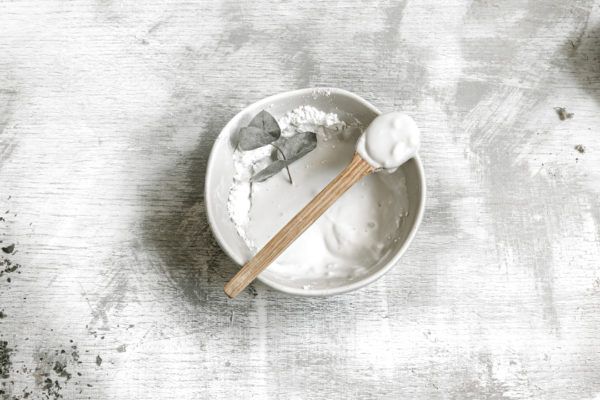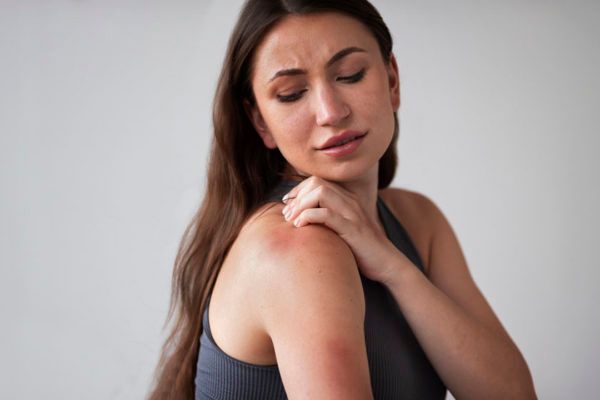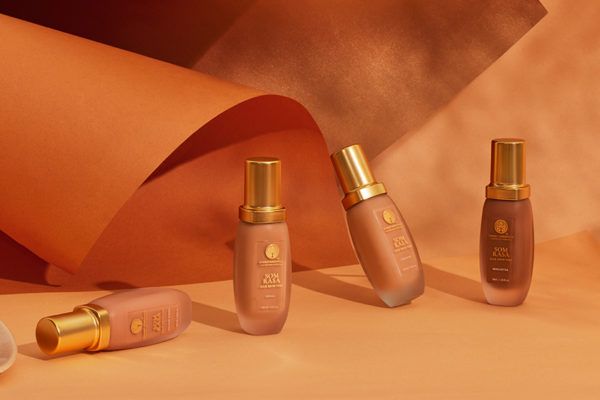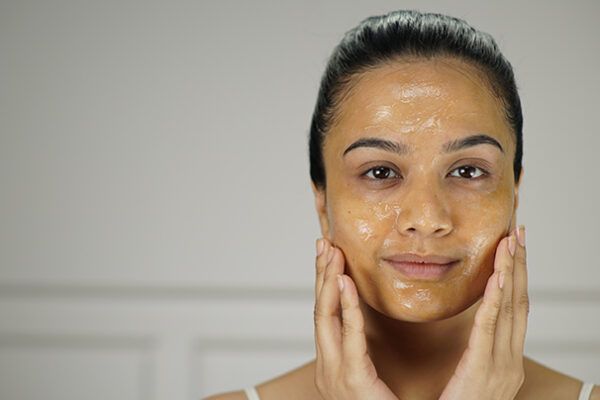It’s a dreary Monday morning, you’re running late, and the toaster decides to burn your breakfast. To make matters worse, you spill coffee on your favourite shirt while rushing out the door. And before you know it, that overwhelming sense of frustration creeps in. A feeling we are all too familiar with – Stress.
Ah, stress, that sneaky little troublemaker that likes to throw tantrums when things don’t go according to plan. And while we often associate stress with its impact on our mental well-being, its impact doesn’t stop just there. You see, stress can leave its mark on our precious skin and hair. Those annoying breakouts that pop up out of nowhere? You can thank stress for those uninvited guests. And what about that sudden frizz and premature greys? Stress has a hand in those as well.
So, read on to identify the tell-tale signs of the effects of stress on skin and hair and learn about some effective measures to manage the same.
Effects of Stress on Your Skin

Acne Breakouts
Stress often brings along with it some unwelcome guests in the form of acne breakouts. Stress triggers an increase in sebum production- your skin’s natural oil. This excess oil, combined with clogged pores and pesky bacteria, creates the perfect breeding ground for those dreaded pimples.
Redness
When you experience stress, your body’s fight-or-flight response kicks into gear. This triggers the release of stress hormones, such as adrenaline and cortisol, which affect your skin by causing blood vessels near the surface to dilate or expand, leading to increased blood flow. This increased blood flow leads to a temporary reddening or flushing appearance.
Dryness & Dullness
Dry skin that lacks radiance is another tell-tale sign of the effects of stress on the skin. Stress can disrupt the skin’s protective barrier, leading to increased water loss and leaving your skin feeling dry and dehydrated. Furthermore, it can also impact the skin’s cell turnover process, resulting in a buildup of dead skin cells on the surface. This buildup can contribute to a dull, rough texture and make it harder for your skin to reflect light, leaving it looking lacklustre.
Under-eye Bags
Stress can leave its mark beneath your eyes in the form of those dreaded under-eye bags. It can disrupt your body’s natural fluid balance, causing fluid to accumulate in the delicate tissues around your eyes, leading to puffiness and the appearance of bags. Additionally, stress also interferes with sleep patterns, and lack of sleep can further worsen under-eye bags as it impairs the circulation and drainage processes in the area.
Premature Ageing
Stress fast-forwards the ageing process, leaving visible signs on your skin. The release of stress hormones diminishes collagen and elastin, causing wrinkles and loss of elasticity. It disrupts your skin’s natural repair mechanisms at the molecular level, resulting in your complexion being robbed of its youthful glow.
Effects of Stress on Your Hair

Excessive Hair Loss
When stress takes its toll, your hair may bear the brunt. Stress-induced hair loss, scientifically known as Telogen effluvium, can send your precious strands into an early resting phase, resulting in noticeable shedding and thinning of your once luscious locks.
Hair Thinning
Chronic stress can disrupt the delicate balance of your hair’s growth cycle, throwing it off-kilter. Stress hormones, like cortisol, interfere with the hair follicles’ normal functioning and push more hair follicles into the resting phase. With more hair follicles entering the resting phase, you may experience excessive shedding, leading to noticeable hair thinning.
Dry & Brittle Hair
Stress can impact the production of natural oils in your scalp, leading to dry and brittle hair. The stress hormones released can disrupt normal oil production, depriving your hair of its natural moisture. As a result, your hair becomes more prone to breakage, and it may feel rough and lacklustre.
Premature Greying
While genetics play a significant role in the greying process, stress can contribute to premature greying. Chronic stress can accelerate the depletion of melanocytes, the pigment-producing cells responsible for hair colour. This can lead to the appearance of grey or white hair at an earlier age than expected.
Scalp Issues
Stress can disrupt the balance of your scalp’s natural ecosystem, leading to various scalp issues. Excessive stress can send the sebaceous glands into overdrive, causing them to produce more oil than necessary. This excessive oiliness can leave your scalp feeling greasy, weighed down, and prone to dandruff. Moreover, stress-induced inflammation can wreak havoc on your scalp, leading to redness, itchiness, and irritation.
Managing the Effects of Stress on Skin and Hair

Prioritise Self-care
In the chaos of everyday life, self-care is those little moments of kindness we show ourselves. It’s sipping a warm cup of tea in a cosy nook while indulging in a good book or a simple skincare ritual at the end of a long day. These small rituals are not just luxuries but essential for managing our stress levels. Taking time out for self-care replenishes our energy and helps us find moments of respite in the midst of our busy lives.
Maintain a Healthy Lifestyle
Embracing a healthy lifestyle is vital to managing the effects of stress on your skin and hair. It’s about cultivating habits that nourish your body, inside and out. It can be as simple as getting enough sleep, eating nutritious greens, staying hydrated, and moving your body. These small but significant lifestyle changes work wonders in keeping your skin radiant and your hair lustrous.
Establish a Skincare Routine
Carve out a little time each day to indulge in a simple skincare ritual. Start by understanding your skin type and concerns, and choose products tailored to your needs. You can never go wrong with a basic CTM (Cleansing, Toning, Moisturising) skincare routine incorporating products suitable for your skin type. Explore our Facial Care range to find 100% luxurious, Ayurvedic formulations uniquely crafted for different skin types that make for the perfect essentials to build your everyday skincare ritual.
Invest in Haircare Essentials
Maintaining a healthy haircare routine is vital to combating the detrimental effects of stress on your precious locks. Incorporating a biweekly ritual of oiling, cleansing, and conditioning is essential for promoting a clean and nourished scalp and ensuring your hair’s overall health. And when you feel like giving your hair some extra TLC, indulging in a nourishing hair mask can boost hydration and nourishment. Our Hair Care range offers a selection of high-quality formulations designed to cater to your specific needs, making it easier than ever to establish a hair care routine that leaves your tresses looking and feeling their best.
And there you have it! While stress might be an inevitable side-effect of our modern lives, it need not wreak havoc on your skin and hair. These effective stress-management measures will surely get you looking (and hopefully feeling) like the absolute picture of serenity.
FAQs
How does stress cause skin and hair problems?
Stress triggers the release of stress hormones, such as cortisol, which can increase the skin’s oil production, affect blood vessels, and accelerate ageing. Moreover, stress can also disrupt the hair growth cycle, leading to excessive shedding and thinning.
What are some relaxation techniques that can help with stress management?
Following are some wellness and relaxation practices that help in stress management and promote overall well-being:
Deep breathing: Take slow, deep breaths to promote relaxation and calmness.
Meditation: Practice mindfulness to focus your attention and reduce stress.
Yoga: Combine gentle movements, stretching, and deep breathing for relaxation and stress relief.
Exercise: Engage in physical activity to release endorphins and reduce stress levels.
Journaling: Write down your thoughts and feelings to gain clarity and alleviate stress.
Can exercise help reduce the effects of stress on skin and hair?
Yes, exercise can help reduce the effects of stress on skin and hair. Regular physical activity promotes healthy blood circulation, nourishing skin and hair follicles. Exercise also helps to reduce stress hormones in the body, which can contribute to skin issues like acne and hair problems such as excessive shedding.
References
https://www.vogue.in/beauty/content/skin-care-tips-stress-related-acne-ageing-how-to-treat
https://www.gq-magazine.co.uk/lifestyle/article/effects-of-stress-skin-appearance
https://www.vogue.in/wellness/content/effects-of-stress-on-your-body-chronic-illness-brain-fog





